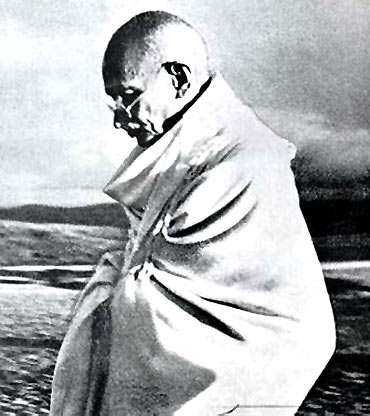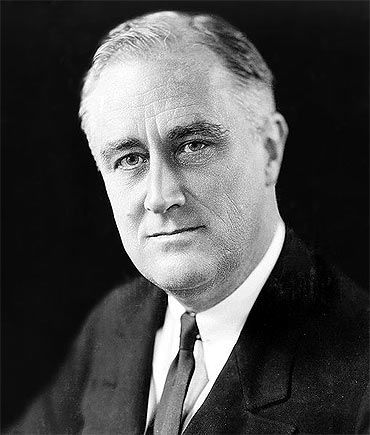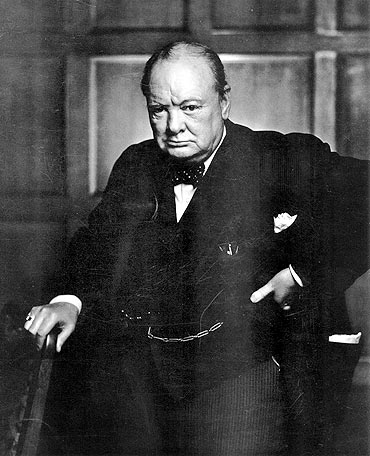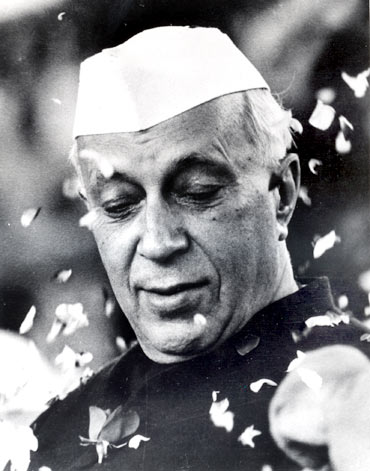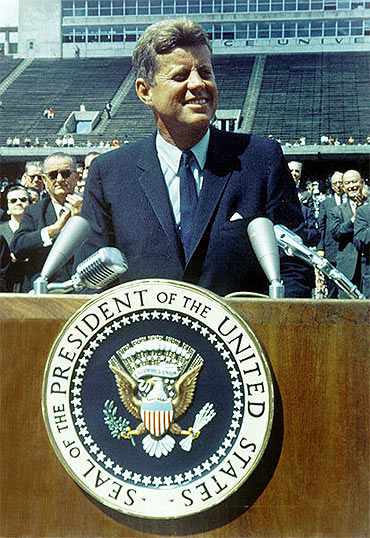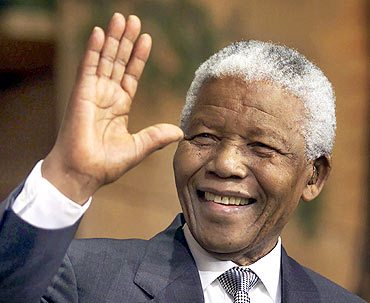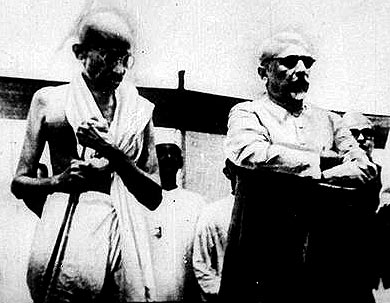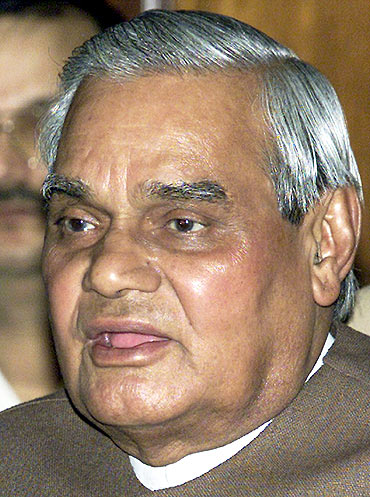 | « Back to article | Print this article |
The most memorable speeches of the 20th century
Former Union minister K Natwar Singh lists some of the most memorable speeches of the 20th century:
Mahatma Gandhi's statement at his trial in Ahmedabad in 1922 spelt out his political philosophy in unambiguous words. Gandhiji was not an unimpressive speaker, but his moral grandeur came through in the speech. Gandhiji was a master of the English language."Non-violence is the first article of my faith and the last article of my creed," said the Mahatma. This became the focal point of the Indian freedom movement.
'The only thing we have to fear is fear itself'
Franklin D Roosevelt is the only American to be elected president of the US four times. In his first inaugural address on March 4, 1933, he uplifted the aspirations and hopes of a depressed nation, "This great nation will endure, as it has endured, will revive and prosper. So, first of all, let me assert my firm belief that the only thing we have to fear is fear itself."
'We shall never surrender'
Winston Churchill's speech in the House of Commons on June 6, 1940 revived the spirit of a nation in dire peril. Churchill said, "We shall go on to the end, we shall fight on the beaches, we shall fight on the landing grounds, we shall fight on the fields and in the streets we shall never surrender."
Twelve days later, General Charles de Gaulle addressed a prostrate France under the Nazi boot. He spoke from a BBC studio, immediately after his dramatic escape from France. On June 18, 1940, de Gaulle assured the people of France, "Whatever happens, the flame of French resistance must not and shall not die."
'We made a tryst with destiny'
Jawaharlal Nehru's August 14-15 midnight speech is included in every collection of great speeches. It still resonates, "Long years ago, we made a tryst with destiny it is fitting that on this solemn moment we take the pledge of dedication to the service of India and her people and to the still larger cause of humanity."
'Ask what you can do for your country'
On January 20, 1961, John F Kennedy was sworn in as the 35th president of the US. His speech on that morning is now a part of the collective memory of humankind: "Ask not what your country can do for you. Ask what you can do for your country."
'It is an ideal which I am prepared to die for'
On April 20, 1964, at his trial on charges of treason, Nelson Mandela spoke for four hours. He concluded his stirring and most-courageous statement with these words, "I have cherished the ideal of a democratic society in which all persons live together in harmony and with equal opportunities.
It is an ideal which I hope to live for and achieve. But if need be, it is an ideal which I am prepared to die for."
The most memorable speeches of the 20th century
A word about other Indian orators. S Radhakrishnan was not a public speaker, but his speeches to smaller audiences were exceptionally eloquent.
No one came near his verbal lucidity. Maulana Abul Kalam Azad was the greatest Urdu orator the country had produced. He always spoke extempore and could move his listeners in a manner few could match.
The most memorable speeches of the 20th century
Atal Bihari Vajpayee is the outstanding Hindi orator of all time. Some of his speeches were mesmerising. He could be sarcastic and witty, and always had his audience spellbound. In no time, he established rapport with his listeners.
Words were used as lethal weapons when the need arose. He could put down his critics with devastating oratorical skills. All three mentioned above did have days when they were not in good form. But such days were few and far between.
